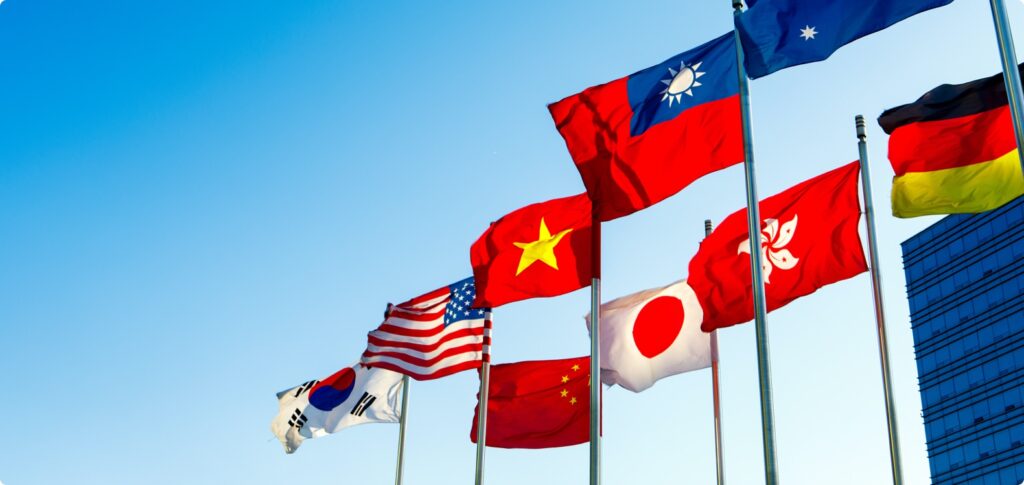In one of the most consequential software enforcement cases of the past decade, U.S.-based AWR Corporation secured a summary judgment against Chinese telecom giant ZTE Corporation in a California federal court. The ruling, issued in 2011 by Judge Percy Anderson, confirmed that ZTE had violated AWR’s licensing terms by using cracked key codes and ignoring license expiration requirements.
While the case is more than a decade old, its significance is more relevant than ever. It highlights how copyright holders can use favorable jurisdictions like the United States to prosecute international software infringement—even when the infringer operates in a jurisdiction where enforcement is typically difficult or unreliable.
Background of the Case
AWR, a developer of high-frequency electronic design automation (EDA) software, offered a free 30-day evaluation version of its product, protected by license key codes and phone-home telemetry features.
ZTE employees downloaded the software under the evaluation terms but continued using it well beyond the permitted period, employing unauthorized “cracked” license keys to bypass access restrictions. AWR’s internal logs—gathered through phone-home data—captured MAC and IP addresses linking the infringement directly to ZTE-operated hardware.
According to court records:
- The same ZTE-owned MAC address “phoned home” across a five-year period
- IP addresses used matched those ZTE admitted to owning
- The software was accessed with an unauthorized license key not issued by AWR【193†source】
The court ruled that AWR had provided “sufficient evidence” to prove breach of contract and granted summary judgment in AWR’s favor.
Why It Still Matters
This case remains a benchmark in demonstrating:
- The legal value of phone-home telemetry and internal software audit logs in proving infringement
- The strategic importance of U.S. courts for IP enforcement against foreign infringers
- That software use in violation of license agreements can lead to binding U.S. court judgments even if the activity occurred abroad
In an era of remote work, distributed development teams, and cross-border software access, these precedents offer powerful tools for enforcement.
Using Friendly Jurisdictions to Enforce Globally
Companies facing software piracy in hard-to-enforce jurisdictions like China, parts of Africa, or the Middle East can still:
- File civil claims in the U.S. when data or servers pass through American infrastructure
- Leverage software EULAs and telemetry logs to establish jurisdictional hooks
- Seek injunctions, monetary damages, and favorable precedents to pressure settlement or deter future misuse
This strategy is particularly effective when the infringer has:
- U.S. operations or customers
- Distributors importing products into the U.S.
- Bank accounts or IP assets registered in U.S. territory
ITCA’s View
The AWR v. ZTE case sets a clear example: you don’t have to win in their country—you can win in yours.
ITCA encourages all software publishers to implement:
- Clear EULAs with jurisdiction clauses
- Audit and telemetry tools
- Legal readiness to act in pro-enforcement jurisdictions
Contact ITCA to learn how we help software vendors take meaningful legal action—globally.
